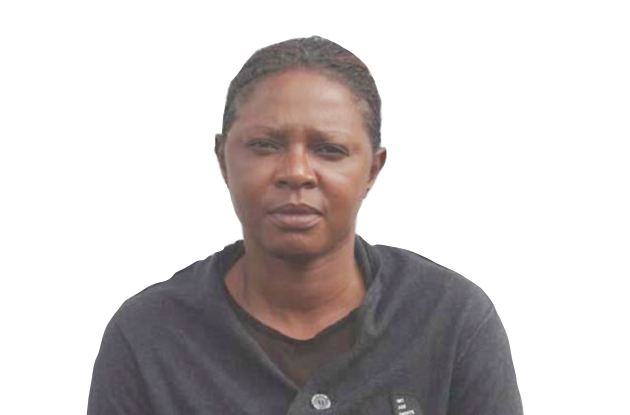Are ghosts still smiling on windfalls?


Teachers who were deployed to various schools wait for transport at the Ministry of Primary and Secondary Education regional office in Bulawayo in this file photo
Perspective Stephen Mpofu
IN recent months relations between civil servants and their employer turned somewhat frosty — one might also say touch-and-go — as the workers protested delayed salaries and non-payment of bonuses, with the government citing inadequate funding to make good its workers’ demands.
But among the fretting public servants might — in fact, must — have been workers who merely sulked when discovering that their bank accounts had also become skeletal.
The latter previously cracked sumptuous smiles emerging from banks at windfalls in their accounts. These are ghost workers, said to number 70,000 in 2011, who feasted on wages for which they broke no sweat at all.
Two years later, by September 2013, the ghost-workers had still not been struck off the government’s payroll, according to representatives of a teachers’ organisation, following the inclusive government audit that exposed them.
Now, two years on, the government has launched another audit in the public service with a head count to try to discover who deservedly earns what out of the government wage bill that gobbles 80 percent of the national budget.
The question that begs an answer is why non-existent employees continued to feast on the taxpayer’s money? Better still, who was responsible for cleaning up the government payroll and why was that exercise not undertaken?
Be that as it may, the government should be applauded for moving in with a head count of teachers now underway, obviously to be followed up in other sections of the public service, to discover whether a steep rise of civil servants to 554,000 from 315,000 in 2009 is real or whether the figure includes ghosts.
In fact are not too many people now employed to do the work that fewer people can do, and efficiently too, so that the duplication of roles does not in fact increase productivity?
In other words and in terms of the principle of diminishing returns, the audit in progress should enable the government to discover if the sharp increase in the number of people it employs is commensurate with any new tasks that the 315,000 people could not have handled in 2009.
Moreover, with the advent of new technologies one person can now do a job that more human beings did previously. For instance, instead of employing an accountant and a human resources person, one person using a computer and the various software packages available can combine the tasks of the two people with a saving on the wage bill.
Thus, in view of scarce financial resources that the government as well as the private sector faces these days, the audit in the civil service should go a long way in solving a lot of imponderables for the good of the country as a whole.
With that in mind, all concerned should give maximum co-operation for the exercise to achieve its desired results, one of which is that if any parasites in the civil service are weeded out money saved in the budget can be deployed to other, important projects under the Zimbabwe Agenda for Sustainable Social and Economic Transformation (Zim-Asset).










Comments